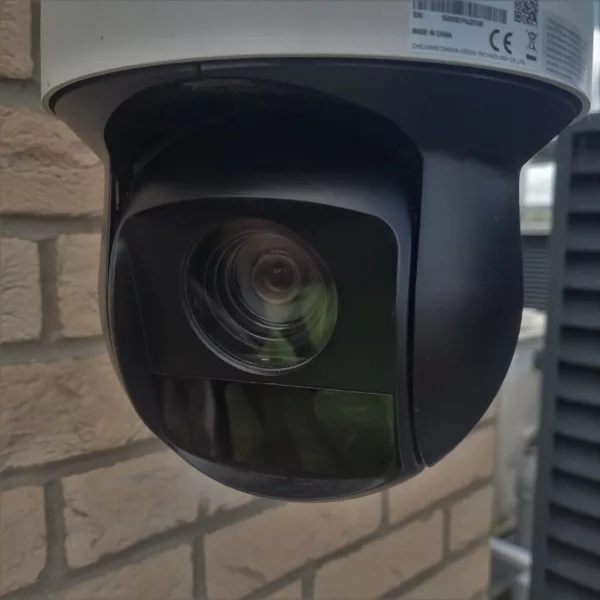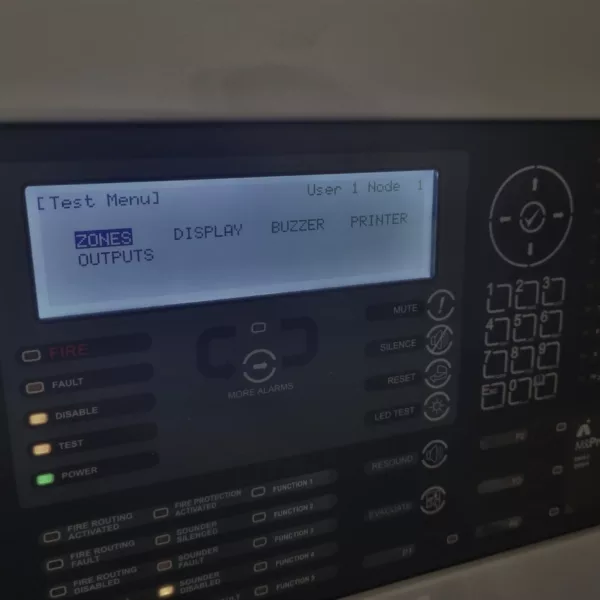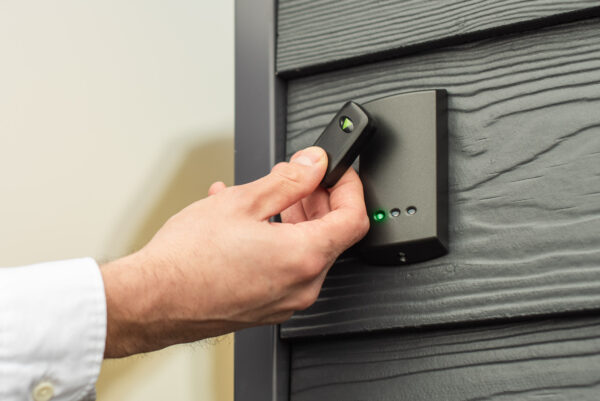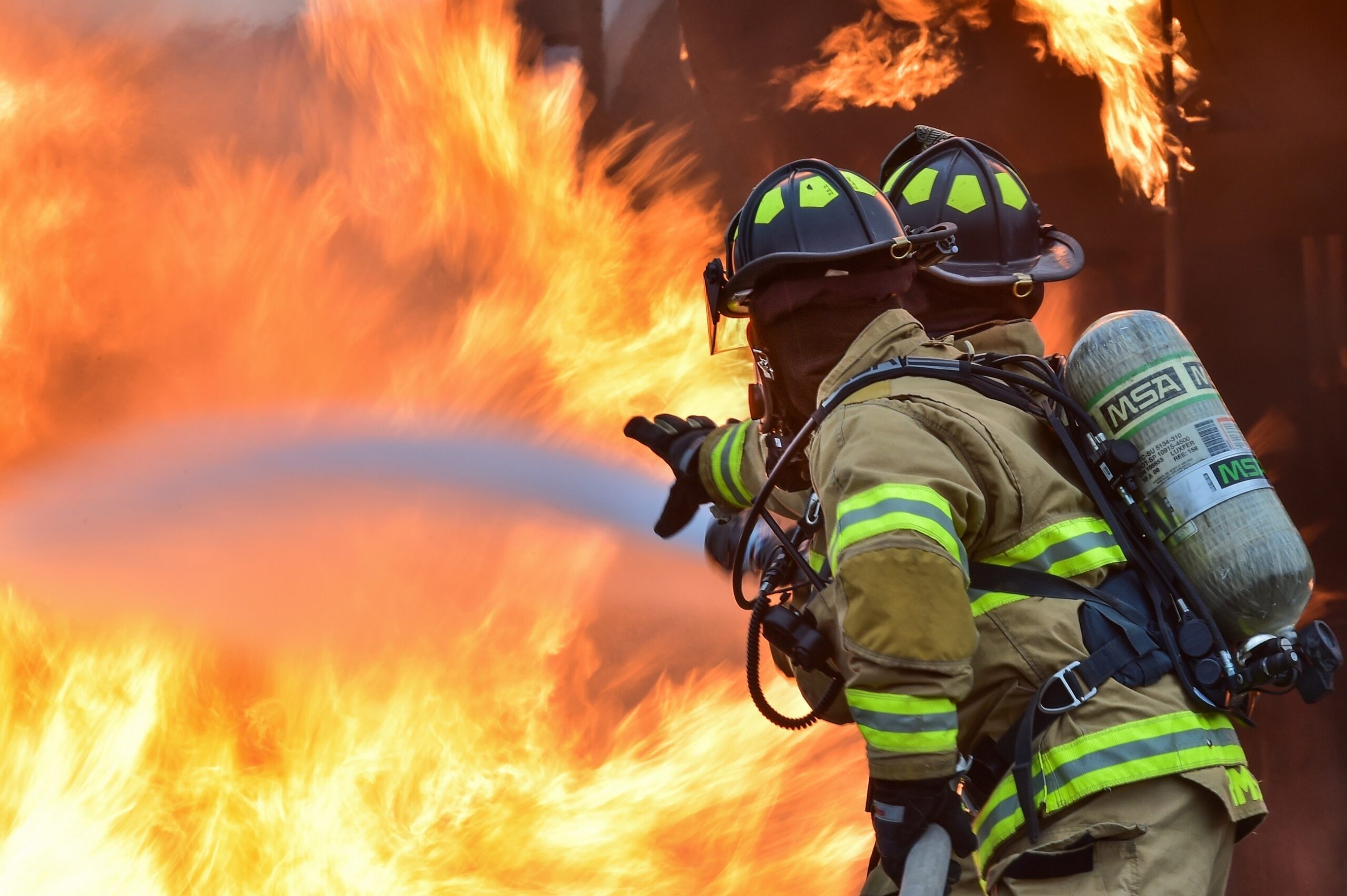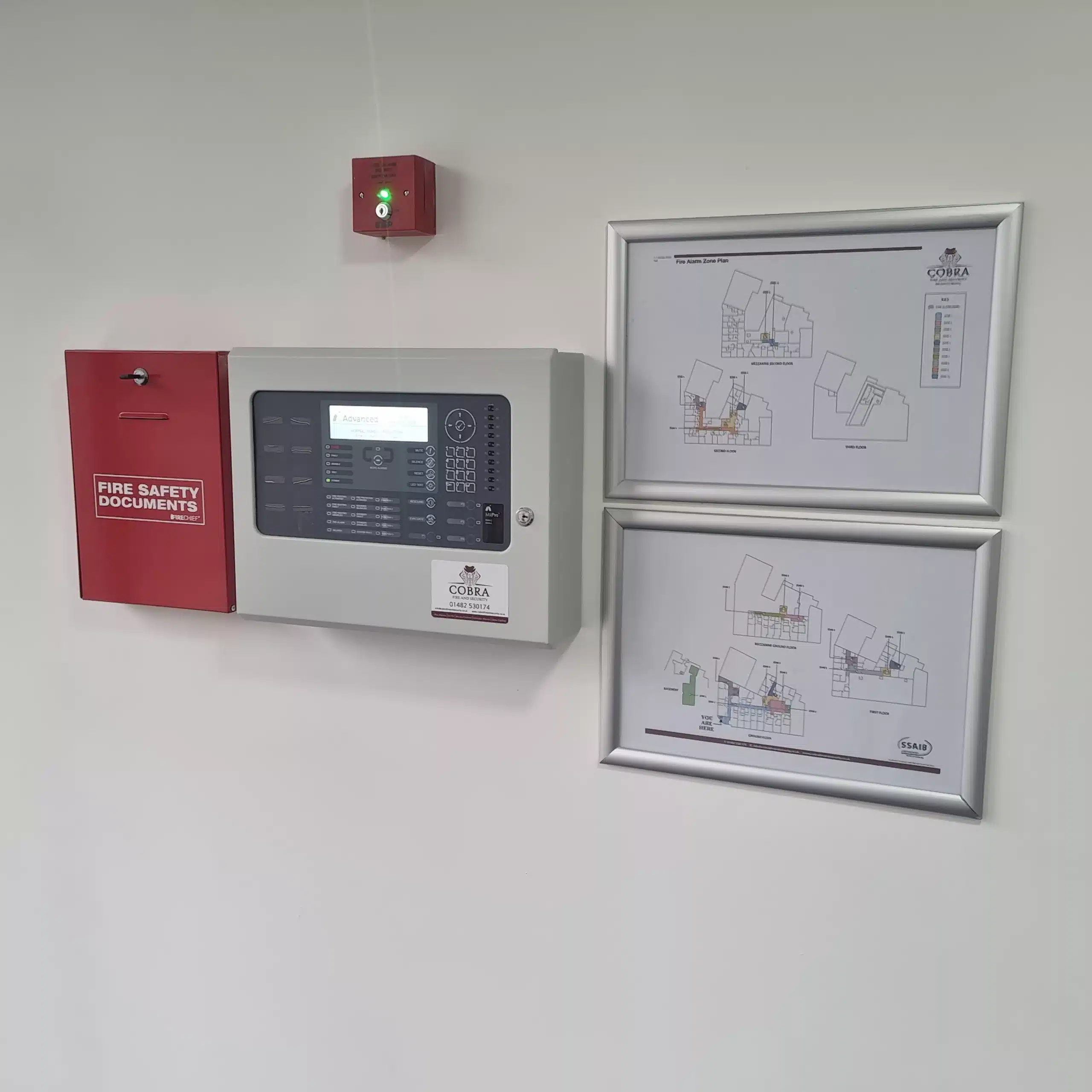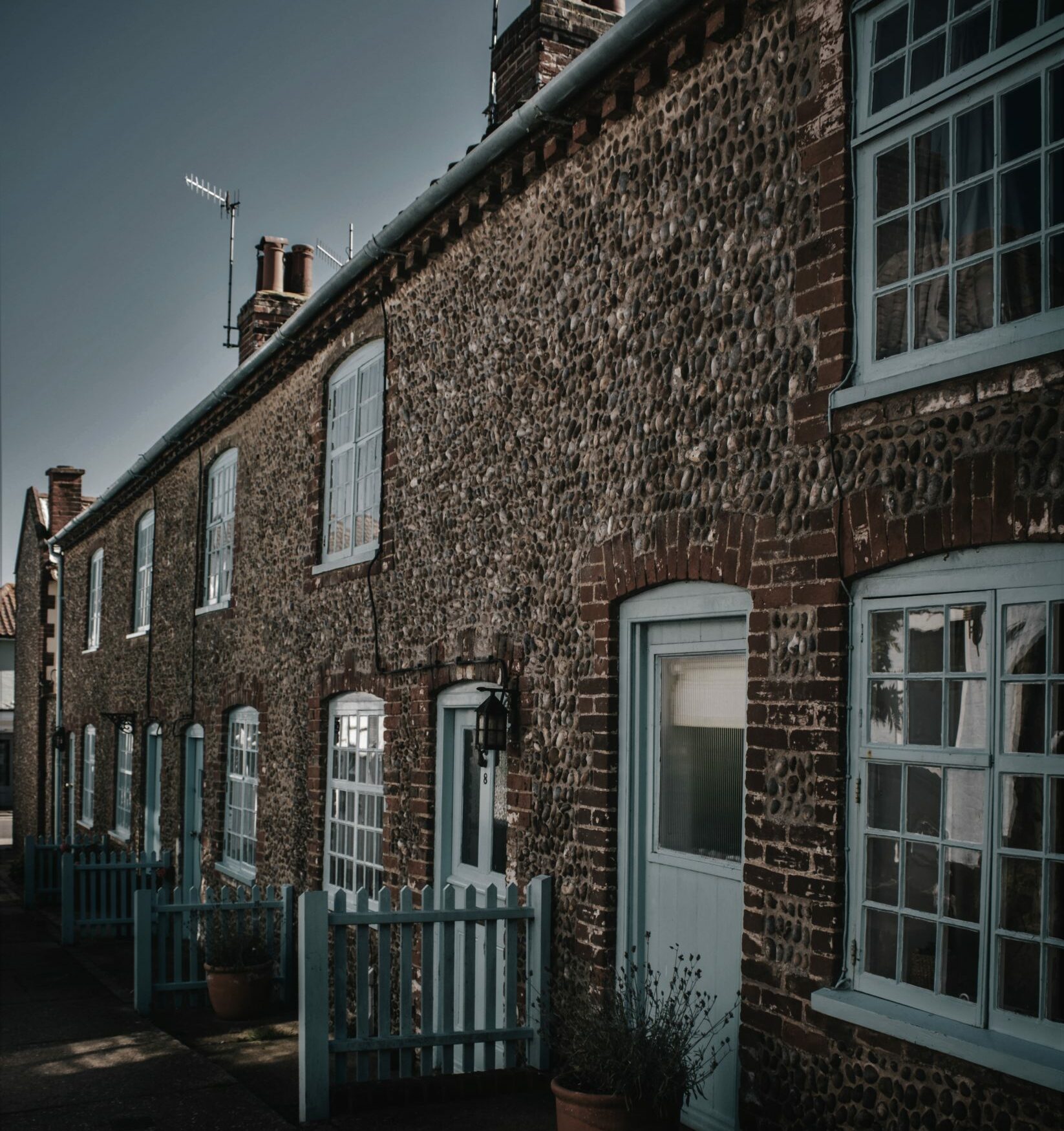
10 Tips for Fire Safety in Your Home
Fire Safety in Your Home is Important
A considerable number of residential fire incidents occur in the UK each year, highlighting the urgent need for extensive fire safety protocols. It is our duty as stewards of our homes to emphasise fireproofing in order to safeguard our possessions and the people we love. A disturbing statistic emphasises how urgent this issue is: a significant number of fire-related deaths take place in houses without working smoke alarms. This highlights how crucial it is to take preventative action on a proactive basis. We’ve compiled a list of the top 10 fire safety measures for UK houses in this article to help you and your family establish a safe and secure home.
What are our Top Ten Tips for Fire Safety in the Home?
1. Install smoke alarms
In the UK, a significant number of fire-related deaths occur in homes without working smoke alarms. It is crucial to install smoke alarms on every floor of your home and test them regularly to ensure they are functioning properly. Smoke alarms provide early detection, giving you and your family valuable time to evacuate safely in the event of a fire.
2. Plan escape routes
Having an escape plan is essential for increasing the chances of safe evacuation during a fire. Create a detailed fire escape plan with your family, identifying primary and alternative escape routes from each room. Practicing the escape plan regularly ensures that everyone knows what to do in case of an emergency, contributing to a swift and organised evacuation.
3. Don’t overload sockets
Electrical fires are a common cause of home fires in the UK. To mitigate this risk, avoid overloading sockets, use extension leads wisely, and regularly check for damaged wiring. Being mindful of electrical safety practices can significantly reduce the likelihood of electrical fires, protecting both your home and your loved ones.
4. Cooking safety
Cooking-related fires are a leading cause of home fires in the UK. Practicing cooking safety is vital to preventing accidents. Never leave cooking unattended, keep flammable items away from the stove, and ensure you have a working fire extinguisher in the kitchen. These precautions can help minimise the risk of kitchen fires and enhance overall fire safety in your home.
5. Candle Safety
Candle-related fires often result from unattended or poorly placed candles. To reduce the risk of candle fires, keep candles away from flammable materials, never leave them burning when you leave a room, and consider using flameless alternatives like LED candles. Taking these precautions ensures a safer environment for enjoying the ambiance of candles in your home.
6. Check appliances
Faulty appliances can pose a fire risk, emphasising the importance of regular inspections and maintenance. To prevent appliance-related fires, regularly inspect and maintain household appliances. Additionally, promptly replace or repair damaged cords and plugs to eliminate potential hazards and enhance the overall safety of your home.
7. Close Doors at Night
Closed doors can play a crucial role in slowing the spread of smoke and fire, providing valuable time for safe evacuation. To maximise this protective measure, make it a habit to close bedroom doors at night. This simple practice can significantly improve your chances of a safe escape in the event of a fire.
8. Smoking Safety
Smoking materials are a common cause of fatal fires. Implementing smoking safety measures is essential to reducing this risk. Never smoke in bed, use a proper ashtray for discarded cigarette butts, and ensure that cigarettes are fully extinguished. These precautions contribute to a safer environment and help prevent smoking-related fires in the home.
9. Store flammable items safely
Improper storage of flammable materials can contribute to the severity of a fire. To mitigate this risk, store items such as gas, paint, and cleaning products in well-ventilated areas away from heat sources. Proper storage practices play a vital role in reducing the likelihood of fires and minimising their potential impact on your home.
10. Install a home fire extinguisher
Fire extinguishers can be valuable tools in the early stages of a fire, helping to prevent it from spreading. In the UK, having a home fire extinguisher is a proactive step towards fire safety. Place a suitable fire extinguisher in key areas of your home, such as the kitchen and garage, and make sure everyone in your household knows how to use it. Regularly check the extinguisher’s pressure and ensure it is in good working condition. This additional precautionary measure empowers you to take immediate action to contain small fires before they escalate.
Our Bonus Tip: Learn Basic First Aid
Injuries during a fire can be minimised with basic first aid knowledge. Learning essential first aid skills, including CPR, equips you to assist yourself and others in case of injuries during a fire emergency. This added level of preparedness enhances overall safety and ensures a more effective response to any health-related challenges that may arise during a fire incident. Consider taking a first aid training course, such as the ones offered by reputable organisations like St. John Ambulance, to enhance your preparedness and response capabilities.
We are here to help
As you work towards making your home safer from fires, remember that we’re here to help. If you have questions or need more guidance on the tips we’ve shared, don’t hesitate to reach out. Your safety matters to us, and our team is ready to assist. Visit our Contact Us page to get in touch and start a conversation about making your home a safer place. Let’s work together to ensure the well-being of your household.
Reviewed: 27/12/2023 Our articles are reviewed regularly. However, any changes made to standards or legislation following the review date will not have been considered. Please note that we provide abridged, easy-to-understand guidance. To make detailed decisions about your fire safety provisions, you might require further advice or need to consult the full standards and legislation.
Share this article
Written by : Michael Winter
Follow us
A quick overview of the topics covered in this article.
Latest articles
July 2, 2025


